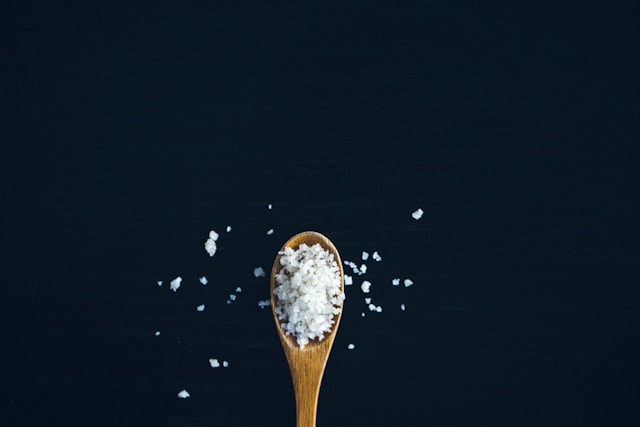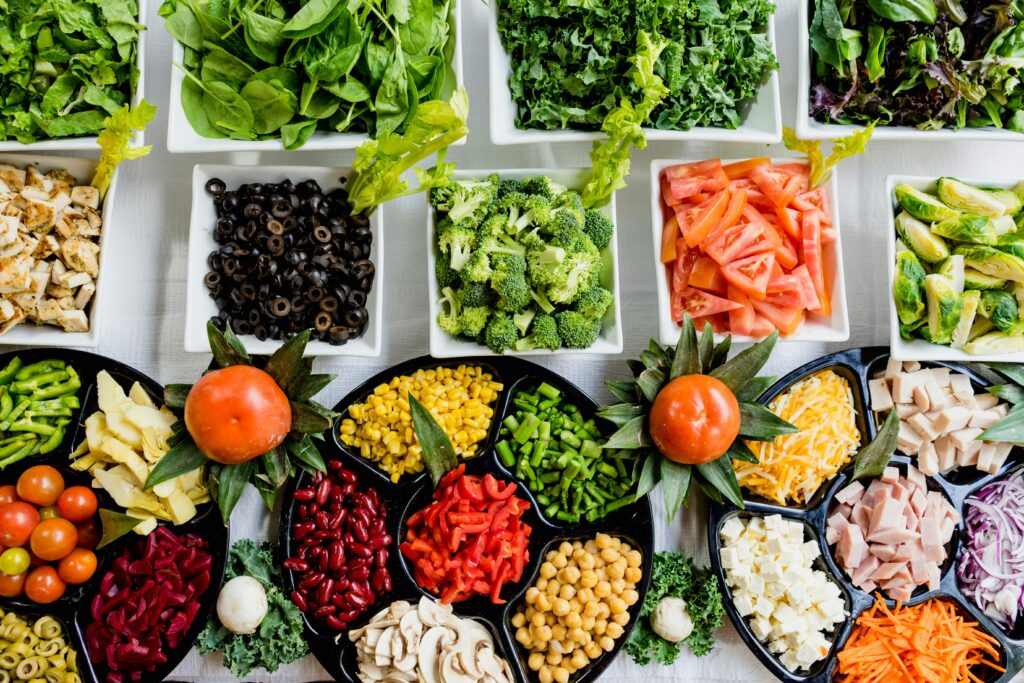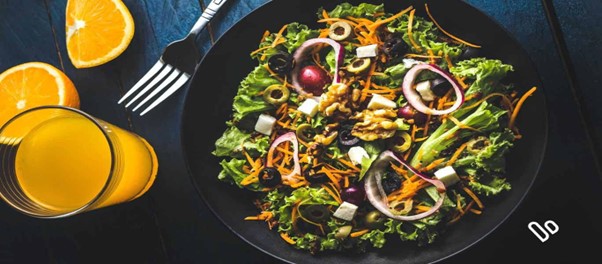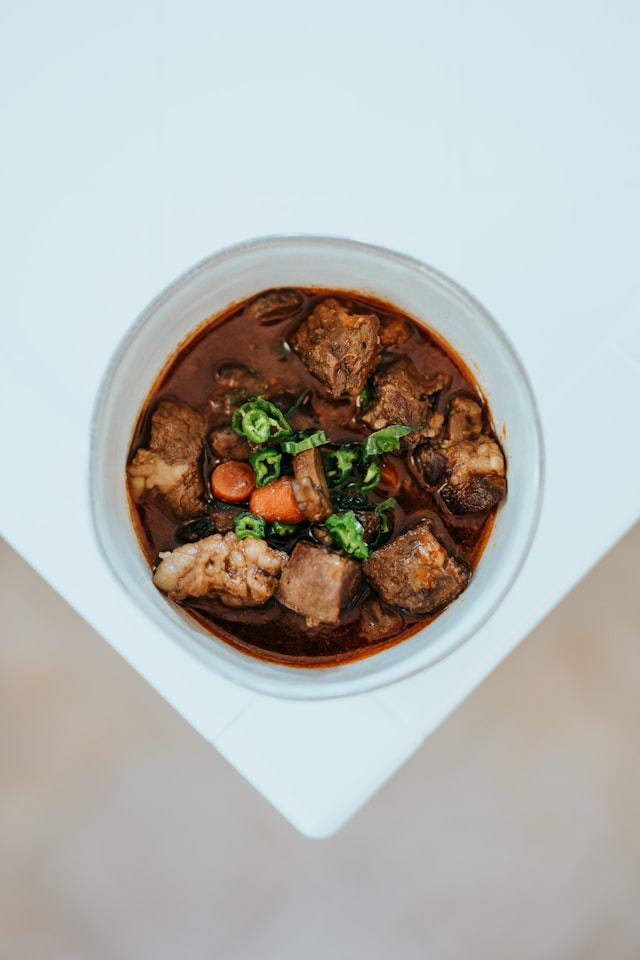Sodium is not one of the minerals that the body needs in large amounts. The body needs very little of it. The body needs about 1500mg of sodium a day to function well. Sodium intake should not exceed a maximum of 2300mg a day to reduce the risk of chronic diseases like hypertension.
In reality, adhering to this limit is very difficult.
Sodium attracts and retains water. This increases the volume of blood and makes the heart do more work to pump the increased volume of blood. If this continues, it leads to raised blood pressure or hypertension.
Hypertension is a slow killer that causes many diseases of the heart and blood vessels. These diseases cause serious disability and even death.
Sodium and salt! What is the difference?
While sodium is found in salt and other salty foods, they are not the same. Salt is one of the sources of sodium. Salt is sodium chloride.
Other sources of sodium are:
1. Food taste enhancers like monosodium glutamate
2. Food preservatives like Sodium acetate, Sodium benzoate, sodium lactate, sodium nitrate, etc
3. Baking additives like baking soda and baking powder which contain sodium bicarbonate
This is why food preparation and processing are the main sources of sodium in our diets. We get sodium from the food we prepare at home, pastries, cereals, processed meats, etc
Each of these foods may not contain so much sodium on its own. But as we munch away on these foods in a day, the amount of sodium we are eating gradually increases.
Let’s picture this;
1. Breakfast: 200g of Processed Cereal has 660mg of sodium
2. Lunch: 100g of pepperoni pizza has 619mg of sodium
3. Dinner: Baked potatoes and Salami. 100g of cooked Salami contains 1740mg of sodium.
From this, we can watch the sodium build up in our bodies.
Sodium content of different types of salt
Let us give you a glimpse of the sodium content of different types of salt and common food additives we use often.
- I tablespoon of iodized table salt – 2300mg
- 1 tablespoon of pink Himalayan salt – 2200mg
- 1 tablespoon of fine sea salt – 2120mg
- 1 tablespoon of baking soda
- 1 tablespoon of baking powder
- 1 tablespoon of sodium nitrite (preservative)
Processed, canned or baked foods are very high in sodium. This makes it important for us to avoid eating these foods regularly.
Fresh whole foods contain very little sodium. Eat them to reduce sodium intake and prevent hypertension.




